Vientiane, although a capital city, is unhurried right to the very core. And this pace easily grew on us.
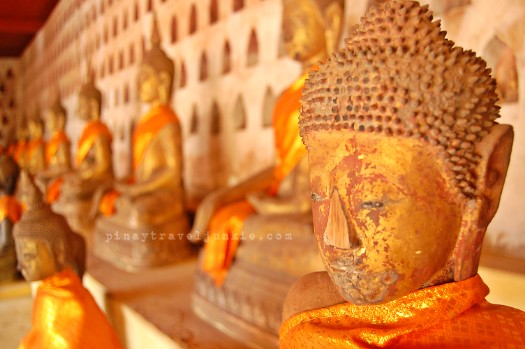
Wat Si Saket is famous for its cloister wall that houses thousands of tiny Buddha images.
It was already our fourth day in the country, yet it was only the first day that we bothered seeing the sights. On our map were attractions within a two-kilometer radius and we didn't intend to go further afield. We also allotted a mere couple of hours for our roaming (after which we hit the hay again). That's life for us in Laos.
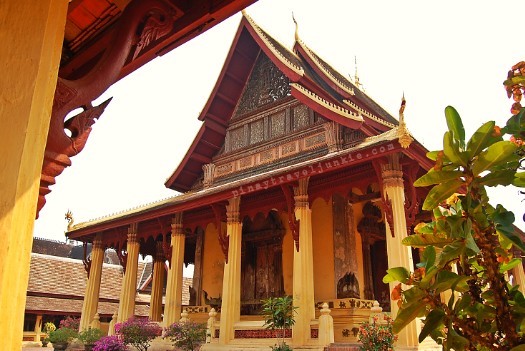
We found Wat Si Saket's entrance unclogged at three in the afternoon. The seller yawned as she accepted our 5,000 kip admission fee payment. Inside, there was only one group of visitors, following their guide like a brood of chicks following a hen. None went astray. It was the perfect opportunity for us to soak up the solemn atmosphere, at least for a while.

While we looked at the thousands of Buddhas surrounding the wat up close, Luna found a broom resting by a post and swept the temple grounds. Much to a monk's amusement. Wat Si Saket is Vientiane's oldest surviving temple, and was built in Siamese-style architecture — which could have saved it from being destroyed in the Siamese-Lao war.
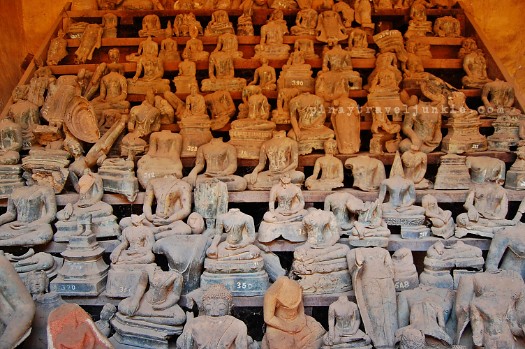
"Oh no! No more heads!", Luna. Buddha images destroyed during the bombing of Laos in the Vietnam War.
As more tourists trickled in, we started heading for the exit, with a brief peek inside the temple hall.
Outside Wat Si Saket, we quickly consulted our map once more and slowly walked to the direction of Ho Phra Kaew. We allowed ourselves to be engulfed by a small stream of tour groups trudging a foot path. They eventually led us to our destination, which was their destination too.
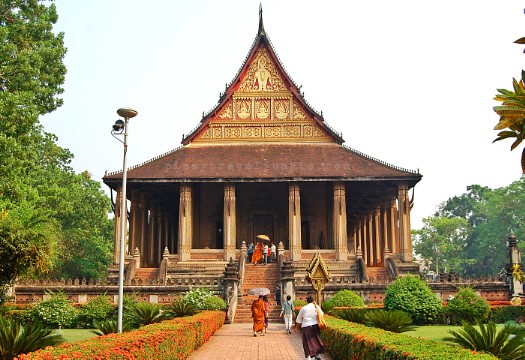
Ho Phra Kaew in the heart of a well-manicured garden.
Unlike Wat Si Saket's entrance, Ho Phra Kaew's was bustling. There were more local pilgrims than foreign visitors. Admission's also a cheap 5,000 kip. The wat, built in 1565, used to house the Emerald Buddha (now in Bangkok). It is no longer used for religious purposes, and is now utilized as a museum. Oh and apparently, a hangout spot for Lao youngsters.
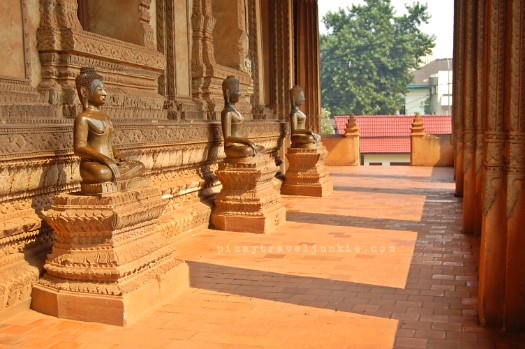
Ho Phra Kaew's bronze Buddha statues and afternoon shadows.
We rushed through the museum, just enough to catch a glimpse of palm-leaf manuscripts and Buddhist stone tablets for we preferred to stay longer at its veranda. To watch the garden's leaves dance with the wind. To watch the afternoon shadows slowly shift.
And to watch monks take photos of Buddhas with their tablets.
ShareTweet
This page was viewed times.

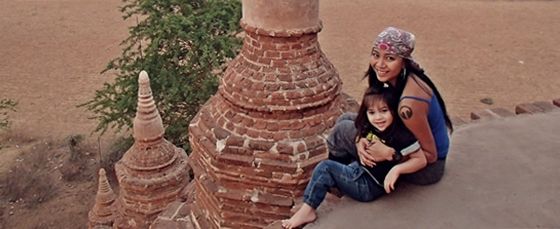
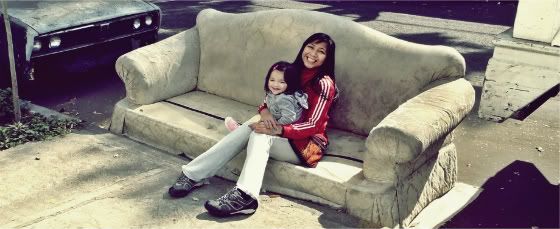
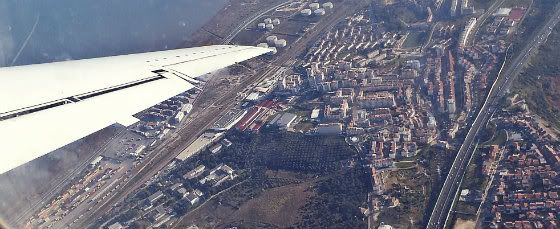

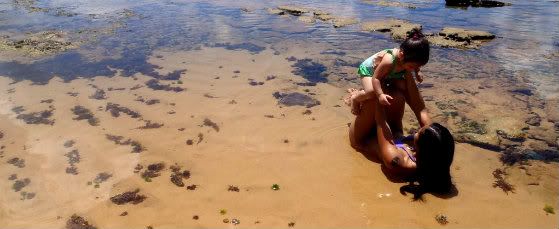
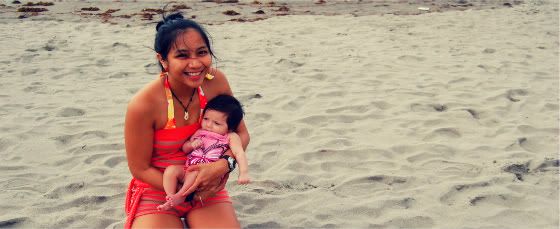
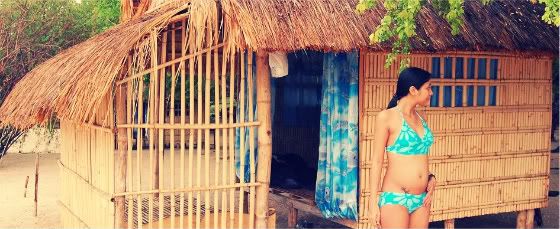









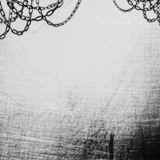

10 comments:
July 25, 2013 at 7:35 PM
Beautiful pictures! Excited to visit Laos next year.
At nahiya naman ako sa monks with tablets!
July 25, 2013 at 7:45 PM
Hahaha! Me too! I don't even have one.
July 25, 2013 at 8:01 PM
The vibrant colors and colonial architectures of Vientiane are astounding. We plan to visit Laos before the year ends and of course had a mug of famous Lao beer.
July 25, 2013 at 8:08 PM
Ahh... Beer Lao. I miss :(
July 25, 2013 at 11:47 PM
Ang cute naman ni Luna sweeping the temple grounds!
"And to watch monks take photos of Buddhas with their tablets." --> made me laugh. Iba na talaga ngayon. Me wonders if they Instagram the pics too. Hmmm :|
July 26, 2013 at 9:25 AM
Onga eh. Makes you think... Do they actually upload the photos?
July 26, 2013 at 2:38 PM
Ang ganda ng temple! And Luna is so big na! Masipag pa, LOL. :)
July 26, 2013 at 2:40 PM
Hahaha! Di katulad ng nanay, tamadness. LMAO.
July 27, 2013 at 2:49 PM
idol!!!!
August 31, 2013 at 8:34 PM
nakakamangha na medyo nakakatakot ung place :] hehehehe
PEro ang ganda!
Post a Comment